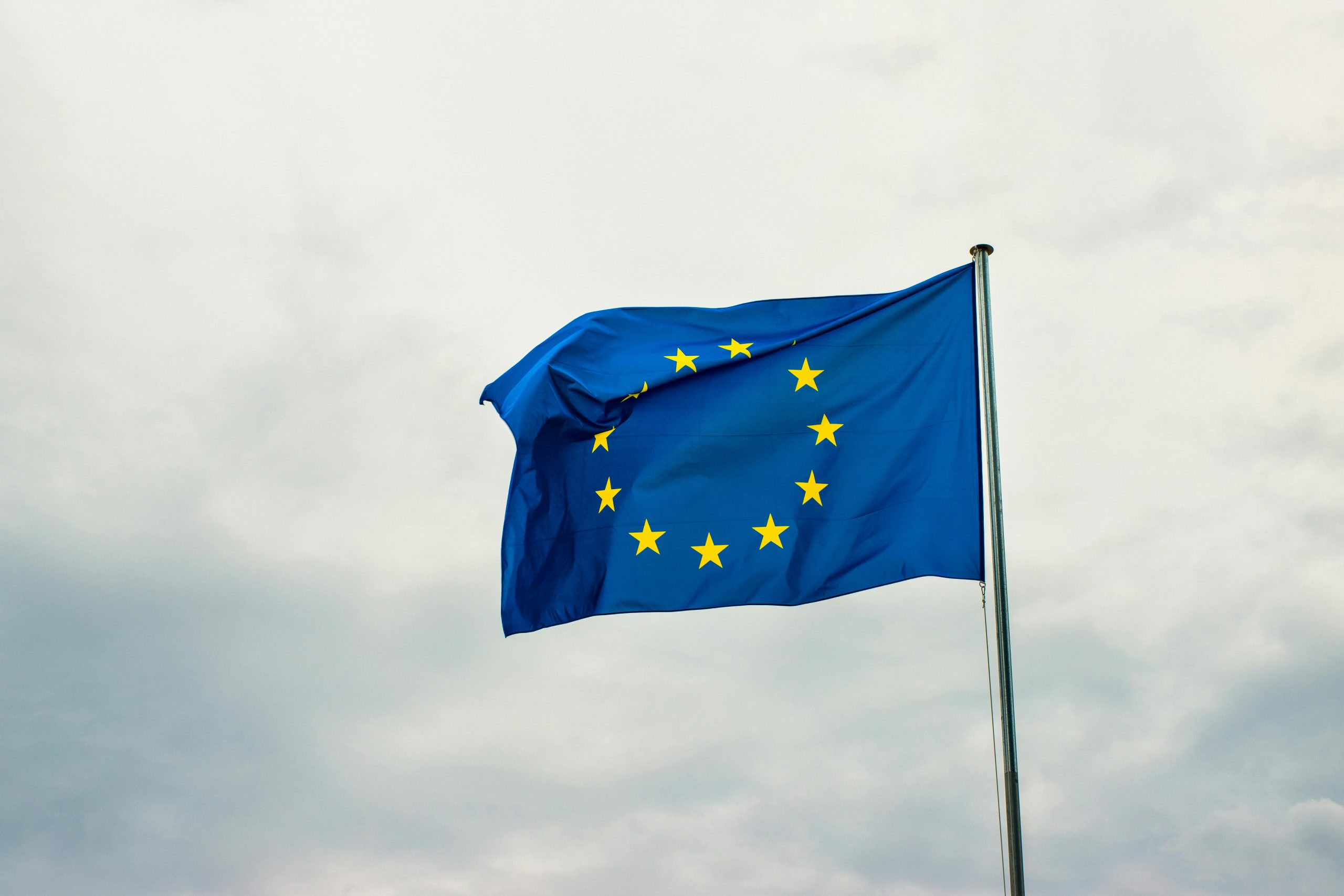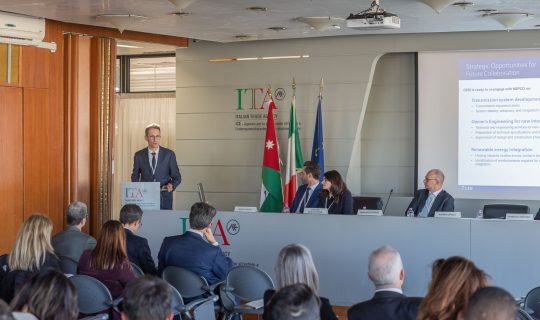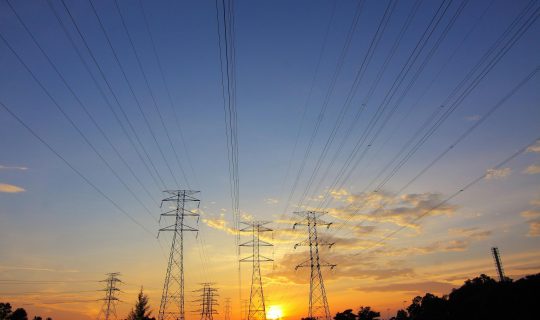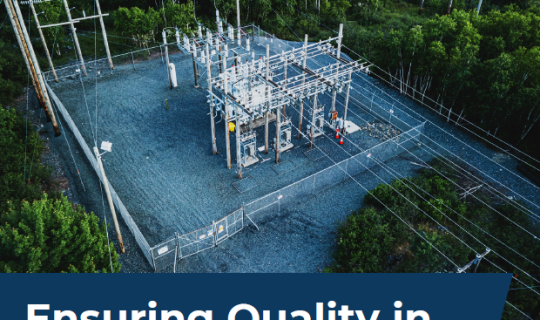In his recent report “Energy Diplomacy: Europe’s New Strategic Mission”, Thijs Van de Graaf – Associate Professor of International Politics at Ghent University – offers a clear-eyed diagnosis: the energy transition is not merely a technological or environmental challenge, but a transformation that redefines Europe’s geopolitical priorities. Published by the Institute for Geopolitics in 2024, the report calls on the European Union to rediscover energy diplomacy as a collective strategic mission that brings together security, sustainability, independence and public awareness.
“After years in which energy was invisible and taken for granted, the war in Ukraine reminded us that the stable flow of energy is not a natural right,” Van de Graaf writes. “Today, we know that achieving secure and affordable energy supplies will require planning, diligence, diplomatic skill and a real sense of mission.”
Van de Graaf’s report achieves two things. First, it restores political weight to energy diplomacy. Second, it frames it as the crossroads where all of Europe’s major challenges intersect: internal cohesion, industrial competitiveness, strategic security and democratic legitimacy. The transition will not be easy – but as the author concludes – after a century of fossil fuel vulnerability, Europe has the historic opportunity to achieve a new kind of energy independence. But it will have to fight for it.
1. Security comes first
According to Van de Graaf, the war ended a long-standing illusion: “Having energy is more important than having green energy,” he writes. The 2022 gas crisis, during which European countries spent nearly €400 billion on natural gas imports, exposed the extent to which states are willing to pay for energy – any energy – when needed. This has upended the hierarchy of values in the so-called energy trilemma: security, sustainability, and affordability. Security now comes first, he argues.
2. The cost of energy remains a political concern
While the cost of renewables has decreased significantly, Van de Graaf cautions: “For business and most consumers, being able to pay the energy bill is more relevant than whether that energy is green.” With European industry paying up to five times more for energy than competitors in the US, energy-intensive firms are considering relocating. Greening Europe’s economy is certainly desirable, but doing so without addressing cost and competitiveness would lead to job losses and new dependencies.
3. Green autarky is a fantasy
“Europe last enjoyed energy self-sufficiency during the age of coal,” Van de Graaf notes. While the transition to renewables reduces dependence on fossil fuels, it also introduces new strategic dependencies on green technologies: solar panels, rare earths, batteries. Dreams of green autarky are misleading, he warns. “Securing the right kind and quantity of supplies entails a skilled balancing act, with robust energy diplomacy at its core.”
4. The return of the state
One of the report’s most incisive arguments is that the nation state has returned as a key energy actor. “For decades, the EU relied on the internal energy market and on exporting its rules to energy suppliers near and far. Today, the state is back as key energy actor, getting involved in markets, capping prices, investing in green tech.” This trend is global, with all major powers now using industrial policy as a tool of geopolitical influence. It’s time for Europe to get serious, he argues.
5. Strengthen strategic decision-making
Van de Graaf is blunt about Europe’s structural disadvantage: “American and Chinese strategists successfully integrate economic, political and strategic considerations into their respective industrial and energy policies. European policymakers should increase that same capacity.” He suggests Europe should create a European advisory council on internal and external security, close to political leadership, to improve the coherence and responsiveness of the continent’s strategic choices.
6. A new energy map of alliances
After ending its dependency on Russia, Europe has redrawn its energy alliances: with the US, Norway, Qatar, Algeria and Azerbaijan emerging as key suppliers. But that is only the beginning. “The EU has realized it needs to improve its partnership offers vis-à-vis states in Africa, Latin America and Central Asia, not least to secure the critical materials for its green tech industry.” The Global Gateway initiative embodies this pragmatic shift – but it will need stronger political backing and longer-term funding beyond 2027.
7. Energy politics is great power politics
Van de Graaf urges Europe to abandon naïve assumptions: “In the global energy scramble, European countries have counted on their wealth and reliability as customers to give them market leverage. But clearly such a presumption will not always suffice in current times.” He explains that powers like Russia, China and the US use their strength in energy supply chains for broader foreign policy goals – in what he calls “acts of energy statecraft”. The EU, with fewer geological advantages, must instead use the green transition to reclaim strategic autonomy: “After a century of fossil fuel vulnerability, the green transition offers Europe a strategic opportunity for greater independence.”
Source: https://big-europe.eu/publications/big003-energy-diplomacy
















